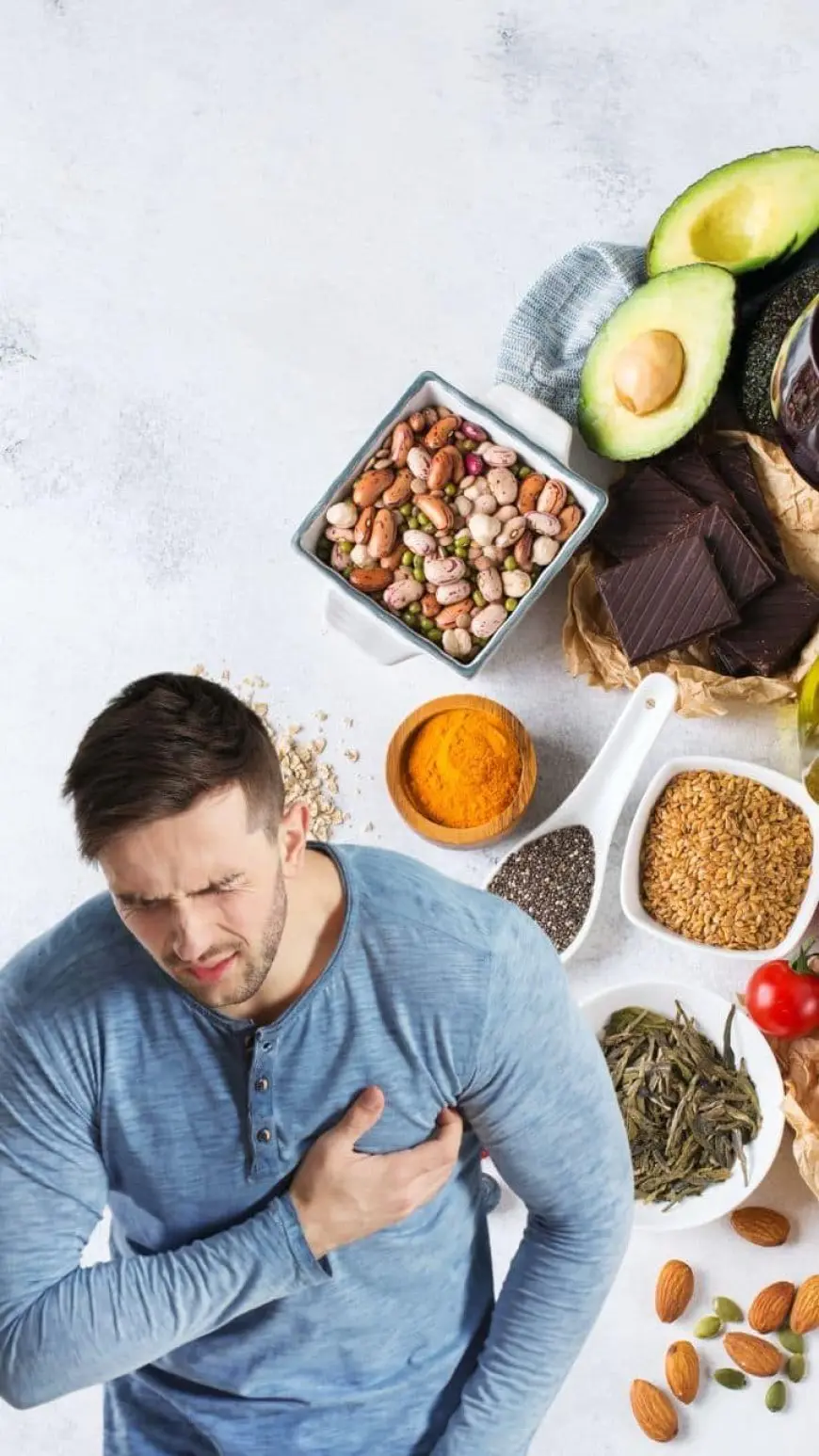Foods That Help Lower Cholesterol
Foods That Help Lower Cholesterol

Lowering cholesterol through diet is a highly effective strategy for improving heart health. Several foods are proven to help reduce cholesterol levels by either blocking its absorption, boosting good cholesterol (HDL), or lowering bad cholesterol (LDL). Here are some of the top foods that can support healthy cholesterol levels:
Oats and Whole Grains
Oats and other whole grains, such as barley and brown rice, are rich in soluble fiber. Soluble fiber binds to cholesterol in the digestive system, helping to remove it from the body before it can enter the bloodstream. Studies show that eating just one bowl of oatmeal a day can reduce LDL cholesterol by about 5 to 10 percent.
Fatty Fish
Fatty fish, like salmon, mackerel, and sardines, are packed with omega-3 fatty acids, which can help lower LDL cholesterol and raise HDL cholesterol. Omega-3s also reduce inflammation and improve overall heart health. Eating at least two servings of fatty fish per week has been linked to a lower risk of heart disease.
Nuts
Nuts such as almonds, walnuts, and pistachios are high in unsaturated fats, which help lower LDL cholesterol without affecting HDL cholesterol. These nuts also contain plant sterols, which block cholesterol absorption in the intestines. A handful of nuts a day can contribute to lowering cholesterol levels and improving heart health.
Avocados
Avocados are another source of heart-healthy monounsaturated fats, which can help reduce LDL cholesterol levels. They also provide fiber, vitamins, and antioxidants that further promote heart health. Studies suggest that replacing saturated fats with avocados can significantly lower bad cholesterol levels.
Beans and Legumes
Beans, lentils, and chickpeas are excellent sources of soluble fiber, making them effective at lowering cholesterol. These legumes also provide plant-based protein, which can replace meat in the diet and further contribute to reducing cholesterol. Consuming beans regularly can help reduce both total cholesterol and LDL levels.
Olive Oil
Olive oil is rich in monounsaturated fats, which have been shown to lower LDL cholesterol. Extra virgin olive oil is particularly beneficial due to its high antioxidant content. Using olive oil as a primary cooking oil or in salad dressings can support overall heart health.
Fruits and Vegetables
Fruits and vegetables are naturally low in fat and calories while providing a variety of essential nutrients, including fiber, vitamins, and antioxidants. Fiber, particularly soluble fiber, helps lower cholesterol levels. Apples, pears, citrus fruits, and berries are especially high in pectin, a type of soluble fiber that helps lower cholesterol.
Garlic
Garlic has long been known for its potential heart-health benefits. Several studies suggest that garlic can help reduce total cholesterol and LDL levels. It contains sulfur compounds, such as allicin, which are believed to be responsible for its cholesterol-lowering effects. Consuming raw or cooked garlic regularly can contribute to heart health.
Soy Products
Soy foods, such as tofu, tempeh, and soy milk, contain plant compounds known as isoflavones, which may help lower cholesterol levels. Studies have shown that incorporating soy-based foods into the diet can lower total cholesterol and LDL cholesterol, particularly when used to replace high-fat animal products.
Green Tea
Green tea is rich in antioxidants called catechins, which have been shown to lower cholesterol levels. Drinking green tea regularly may help reduce LDL cholesterol while boosting HDL cholesterol. It is also linked to a lower risk of heart disease and stroke.
Incorporating these cholesterol-lowering foods into your daily diet can help you manage cholesterol levels effectively and promote overall heart health. Along with a balanced diet, regular physical activity, and maintaining a healthy weight are key to achieving and maintaining optimal cholesterol levels.







